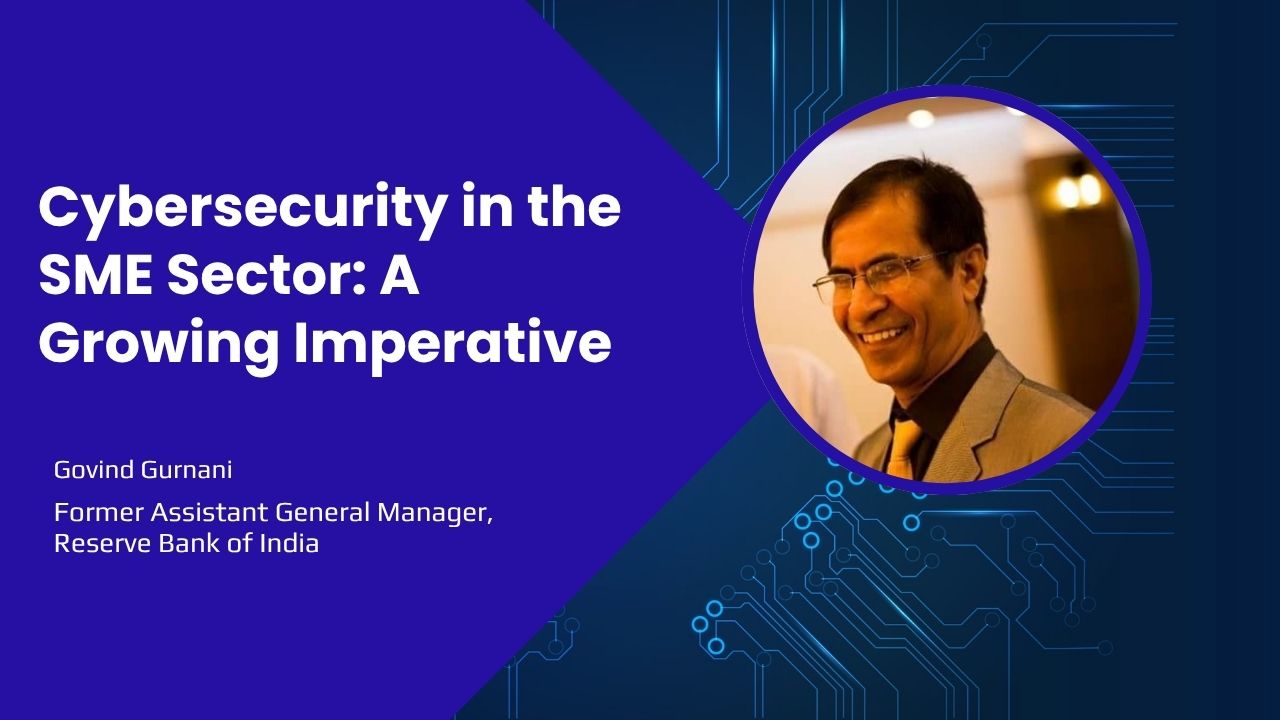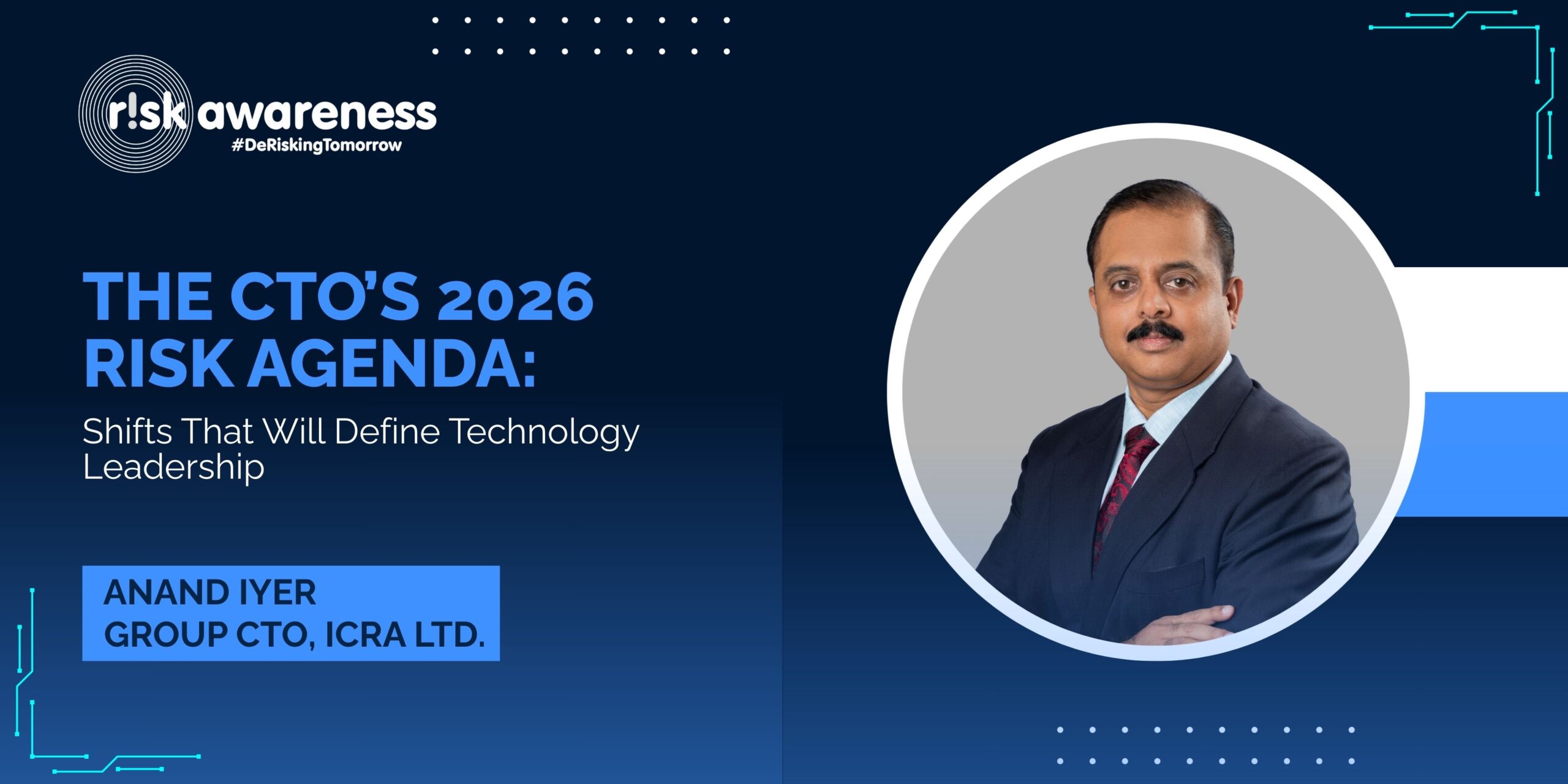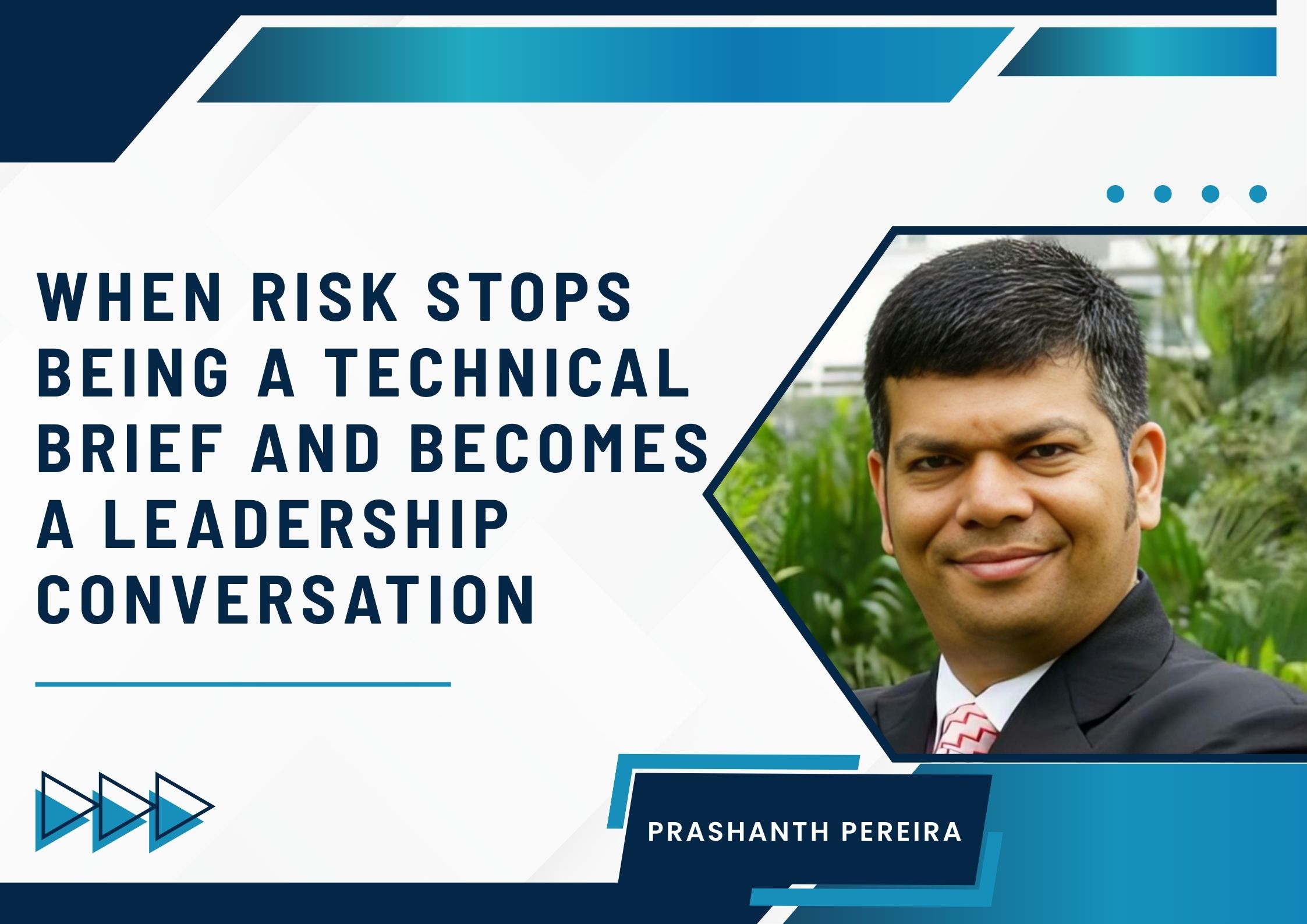In today’s interconnected world, cybersecurity has become an essential aspect of business operations, irrespective of the organisation’s size. Small and Medium Enterprises (SMEs) in India are increasingly embracing digital transformation to enhance productivity and efficiency. However, this digital landscape also exposes them to various cyber threats.
As SMEs adopt digital technologies and leverage the power of the internet for their day-to-day operations, they become vulnerable to cyberattacks. Cybercriminals are turning their focus to small and medium enterprises as large organisations bolster their cybersecurity infrastructure, maintain data redundancy, invest in cyber insurance and refuse to pay ransom. The consequences of such attacks can be devastating, including financial loss, reputational damage and potential legal liabilities.
Safeguarding SME Assets Through Cybersecurity Measures:
- Develop Strong Cybersecurity Culture: SMEs need to foster a cybersecurity culture within their organisations. It involves creating awareness among employees about the potential risks and imparting training on best practices for data protection, password hygiene, conducting regular audits on cybersecurity and safe internet usage.
- Employ Robust Endpoint Security: Endpoints such as laptops, desktops, and mobile devices are common entry points for cyber threats. Employing robust endpoint security solutions, including antivirus software, firewalls and encryption, can significantly mitigate risks.
- Regular Software Updates and Management: Keeping all software, including operating systems and applications, up to date is crucial in SMEs. Software updates often include security patches that address vulnerabilities and protect against emerging threats.
- Secure Network Infrastructure: SMEs should implement secure network configurations, intrusion including the use of firewalls, detection systems, and virtual private networks (VPNs). In addition, regularly changing default router passwords and restricting access to sensitive information can enhance network security.
- Data Backup and Recovery: Implementing a regular backup strategy is essential for SMEs. Storing backups in secure offsite locations or using cloud-based services ensures data availability even in the event of a cyberattack or system failure.
- Enhanced Cybersecurity With AI-Driven Solutions: AI driven security systems detect and prevent cyber frauds by analysing anomalies in real time. SMEs should deploy AI-based biometric authentication and advanced encryption to protect customer data. Implementing MFA adds an extra layer of security by requiring users to provide multiple forms of authentication, such as a password and a unique verification code, to access critical systems or data.
- Ensure Effective Third-Party Management: Ensure that all vendors, particularly those with access to sensitive data and/or systems, are actively managed and meet agreed levels of security. Contractual agreements should be in place to regulate how vendors meet those security requirements.
- Employee Awareness and Training: Human error is one of the leading causes of security breaches. Conducting regular cybersecurity training sessions and educating employees about social engineering techniques, phishing attacks and other common threats can significantly reduce the risk of successful attacks.
- Develop Incident Response Plan: Developing an incident response plan helps SMEs respond effectively and efficiently to cyber incidents. This incident response plan should outline the steps to be taken during an attack, including containment, eradication and recovery.
- Secure Network: SMEs need to employ firewalls to manage the traffic that enters and leaves a network to protect SMEs systems. Firewalls should be deployed to protect all critical systems, in particular a firewall should be employed to protect the SME’s network from the Internet. SMEs should regularly review any remote access tools to ensure they are secure.
Conclusion
In the digital era, cybersecurity is an indispensable aspect of Indian SMEs. Protecting valuable business assets from cyber threats requires a proactive approach, encompassing a strong cybersecurity culture, robust technical measures and regular employee training. By implementing effective cybersecurity measures, SMEs can safeguard their businesses, protect customer data, maintain their reputation and thrive in the digital landscape while minimising the potential impact of cyberattacks. Investing in cybersecurity is not an option but a necessity for the sustainable growth and success of Indian SMEs in the 21st century.
By: Govind Gurnani, Former Assistant General Manager, Reserve Bank of India











